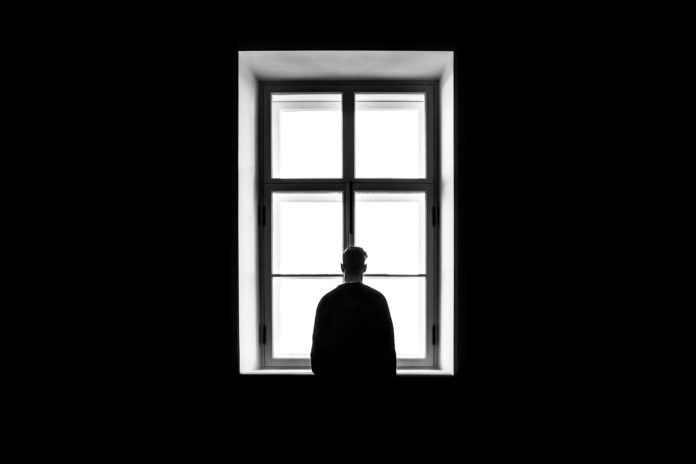How to manage loneliness in a time of social distancing
 Believe it or not, loneliness can hit real hard for some this pandemic season. With the social distancing restrictions, and the stay at home shutdown, people are seeing less of each other. This “social recession,” aimed at controlling the outbreak of COVID-19, also is heightening a sense of loneliness. Researchers have long understood the toll that social isolation and loneliness take on the body. People who do not feel connected to others are more likely to catch a cold, experience depression, develop heart disease, have lower cognitive function and live a shorter life. In fact, the long-term harm caused by loneliness is similar to smoking or obesity.
Believe it or not, loneliness can hit real hard for some this pandemic season. With the social distancing restrictions, and the stay at home shutdown, people are seeing less of each other. This “social recession,” aimed at controlling the outbreak of COVID-19, also is heightening a sense of loneliness. Researchers have long understood the toll that social isolation and loneliness take on the body. People who do not feel connected to others are more likely to catch a cold, experience depression, develop heart disease, have lower cognitive function and live a shorter life. In fact, the long-term harm caused by loneliness is similar to smoking or obesity.
Connecting with neighbors and others may be more challenging, but it is still within reach to get and cultivate a sense of connection, one that helps sustain your overall mental well-being and wellness. So how can you cultivate your social well-being while avoiding infection?
Your 3rd Hand might just be the antidote: The device you are currently holding in your hand might be just as good as a nearby solution. People often blame technology for the prevalence of loneliness, pointing out that we spend too much time scrolling through social media and not enough of it interacting. but looking at it critically, how you use such platforms seems to matter more than how much you do so. We can all benefit from developing digital habits that support meaningful human connections—especially now that it may be our only option until the outbreak calms.
The new phase of face to face: The next best thing to in-person interaction is video chat, because facial cues, body language and other nonverbal forms of communication are important for bonding. When possible, opt for video over messaging or calling and play around with doing what you would normally do with others. For example, try having a digital dinner with someone you met on a dating app, a virtual happy hour with friends or a remote book club meeting.
One-minute kindness: Getting lots of likes on a social media post may give you a fleeting hit of dopamine, but receiving a direct message or e-mail with a genuine compliment or expression of gratitude is more personal and longer lasting—without taking much more time. When you find yourself scrolling through people’s posts, stop and send one of them a few kind words. After all, we need a little extra kindness to counter the stress and uncertainty of the coronavirus.
Go deeper or go broader: Fundamentally, there are two ways to overcome loneliness: nurture your existing relationships or form new ones. Reflect on your current state of social health and then take one digital action to deepen it—such as getting in touch with a friend or family member you haven’t spoken with in a while—or to broaden it—such as reaching out to someone you’d like to get to know.
If you live alone, or are mostly alone this season, find ways to connect. When was the last time you got a handwritten note? How would it feel if you got one today? So how about if you sent one out to your next door neighbor? You could also create or join a virtual book club, or play some really cool, interesting board games.
How about doing a good deed, say if you have elderly neighbours? An act of selfless service can bring about a sense of fulfillment that rumps your lonely blues. So maybe dropoff a small grocery bag for that elderly neighbour, or volunteer to help out with something?
Supportive social networks are key to lessening the stress of the current situation. Reaching out to isolated members of the community with a text or video call can be very meaningful. When we are facing some kind of stressor or threat in our environment, the perception that we can turn to others for help and rely on them—and that they have our backs—lets us cope with them much better. While we can’t be physically present right now, we can check in with people via email or text. Reaching out to people, asking how they’re doing, and listening to them—all these things can be beneficial.
The coronavirus pandemic has reminded us that human connection can spread illness. But human connection also promotes wellness. Let’s take this opportunity to recognize the importance of relationships for our health and to practice leveraging tech and all possible avenues for social well-being.
